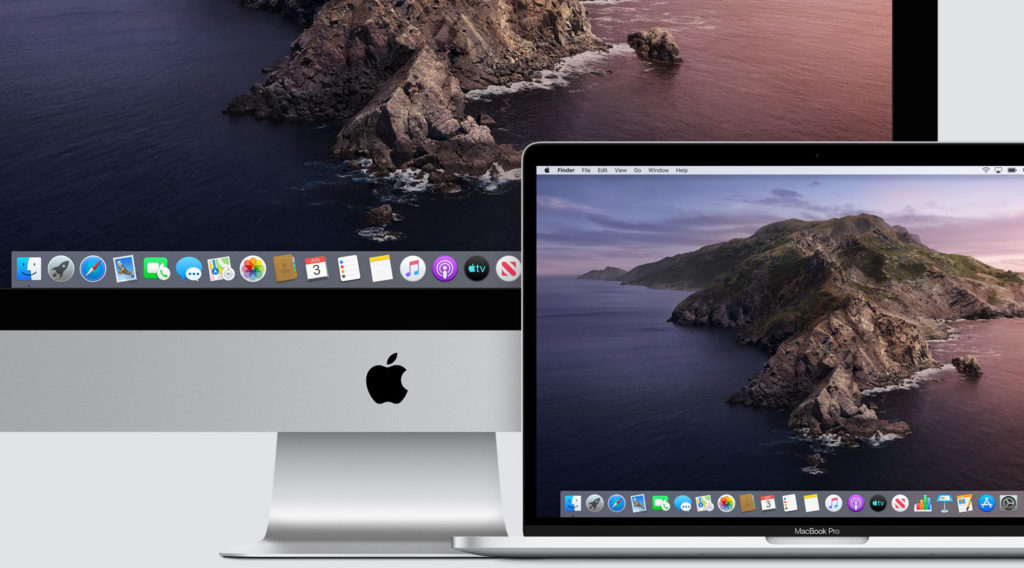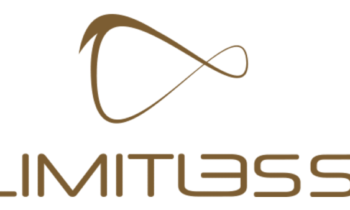
On the impact points of the arrival of a brilliant ace variant of macOS Catalina on Thursday, Apple requested that engineers submit Mac applications to the App Store for audit preceding the working framework’s open dispatch in October.
In the call for Catalina applications, which landed in a couple of presents on Apple’s designer entryway, the organization notes engineers approach a suite of new innovations with the most recent macOS form.
With Catalina, applications can exploit Sign in with Apple, second-screen capacities with iPad by means of Sidecar, Core ML 3 and Metal. Further, engineers of iOS applications are just because ready to effectively change their products to Mac with Catalyst.
Apple requests that coders fabricate new Mac applications with Xcode11, test them on a Mac running the macOS Catalina GM seed discharged today and present the product for survey.
A subsequent post helps designers to remember new application legally approbation necessities set to make a big appearance close by Catalina this month. As reported at the Worldwide Developers Conference in June, Catalina is the principal Mac working framework to require application authorization, a security convention that limits outsider programming from running on Mac except if it is first considered by Apple.
“To further secure clients on macOS Catalina, we’re working with engineers to ensure all product, regardless of whether conveyed on the App Store or outside of it, is marked or authenticated by Apple,” Apple says. “This will give clients more certainty that the product they download and run, regardless of where they get it from, has been checked for realized security issues.”
Introductory plans called for applications to pursue a stringent arrangement of rules to accomplish Catalina authorization, however those boundaries were briefly brought down in September in an offer to enable designers to change to the new ruleset. Under the new rules, Apple will legally approve applications that don’t have the Hardened Runtime ability empowered, incorporate parts not marked by a Developer ID, do exclude a protected timestamp with an engineer’s code-marking mark, was constructed utilizing a more established SDK, or incorporate a “get-task-permit” security qualification until January 2020, at which time Apple’s full record of authentication strategies will go live.
Catalina is expected to land in October, however Apple presently can’t seem to report a particular dispatch date. A month ago, a local Apple site page ad for Apple Arcade recommended the working framework would dispatch on Oct. 4, however that date appears to be implausible considering the present GM discharge.
Disclaimer: The views, suggestions, and opinions expressed here are the sole responsibility of the experts. No Opinion Bulletin journalist was involved in the writing and production of this article.


